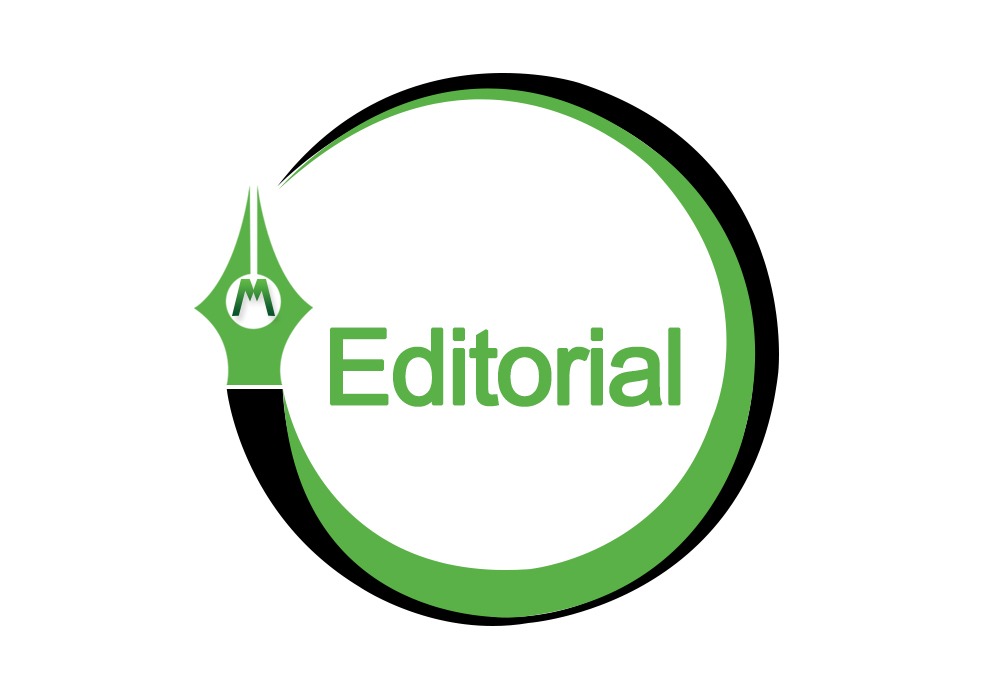The common man in Pakistan seems to have no relief in sight when it comes to the ballooning financial burden they are faced with. The Coronavirus pandemic though at a decline, still persists and affects the economy. The job market is stagnant with unemployment rate clocking in at over four per cent; inflation rate was recorded at 12.66 per cent in the second week of Oct; and as if this was not enough, the government slapped an increase in petrol prices for the second time in 15 days by Rs10.49 per litre. As of October 16, petrol will be sold at Rs137.79 per litre.
To pacify the people after dropping the petrol bomb, the ministers of the federal government as usual blamed the increase in global oil prices for the hike in domestic price. In the statement released by the Finance Division, the government mentioned that it had provided ‘maximum relief’ to consumers by absorbing the increase in international rates through minimum raise in the petroleum levy (PL), customs duty and GST. But consumers are not buying it and so isn’t the opposition that has called out the incumbent government for its failure in understanding matters of economy, and they are not wrong. Even after three years of governance, the ruling PTI is struggling to devise pragmatic economic policies.
Global oil prices have risen to a three-year high above $85 a barrel. This has undoubtedly put pressure in the domestic market. But the incumbent government had the choice to pass on the minimum increase had it controlled other macroeconomic indicators from faltering since the onset of its governance. Obsessed with showing a positive growth rate, the ruling party pumped money into the economy relentlessly, which resulted in an increase in consumption and hence, imports. This adversely affected the rupee that has been weakening against the dollar at a worrying rate. At the beginning of the current financial year, the government was hit with the realization that it has no choice but to maintain its foreign reserves to save the ‘overheating’ economy. As the government earns a huge revenue from taxes on petrol, it decided that it will be the end consumer that bears the brunt of the growing economy. It is ironic that the working class, which the premier has time and again vowed to protect, are the ones worse hit by his government’s ad hoc economic policies. Prices of essential commodities are skyrocketing; the power tariff will increase by Rs1.39 per unit in Nov and there is no guarantee that petrol price will not be jacked up further. But the government wants us to remember that ‘prices are still the cheapest in the region’.




